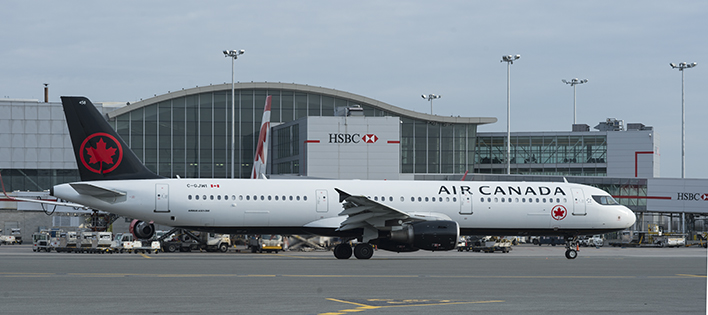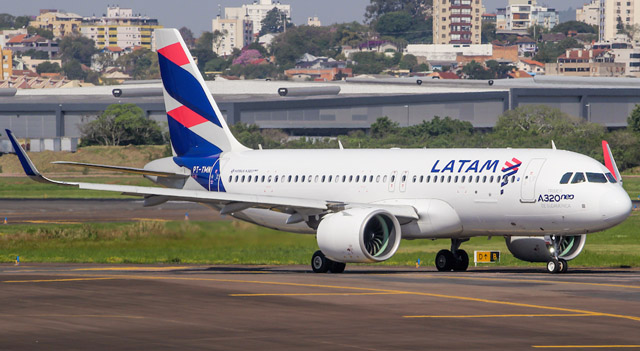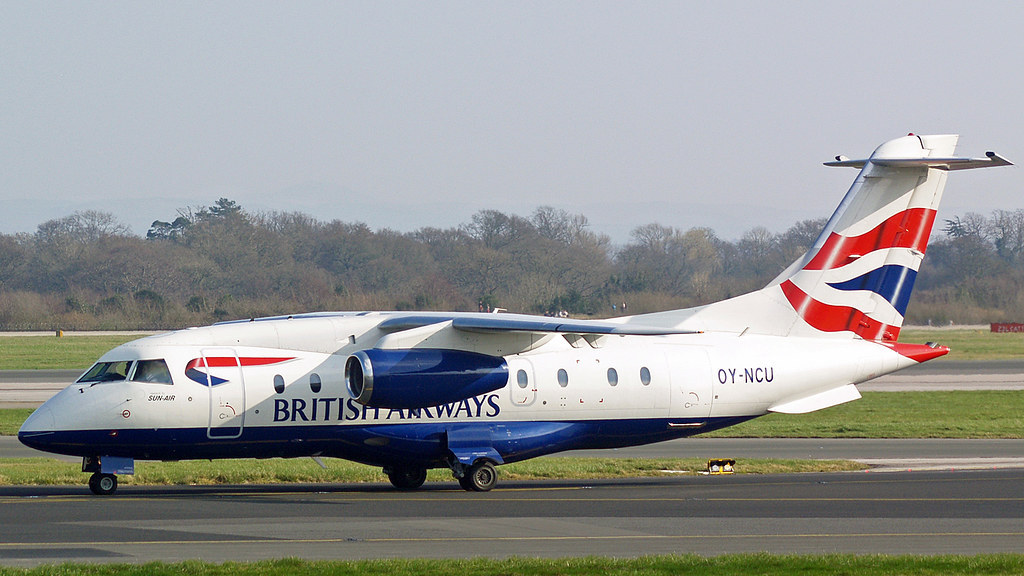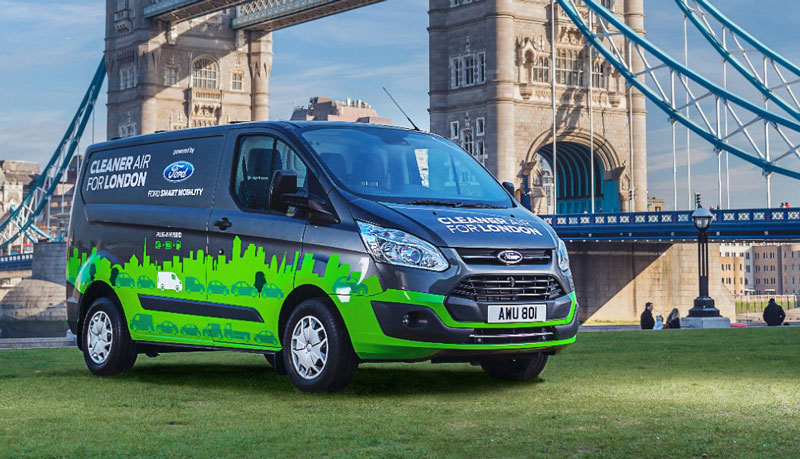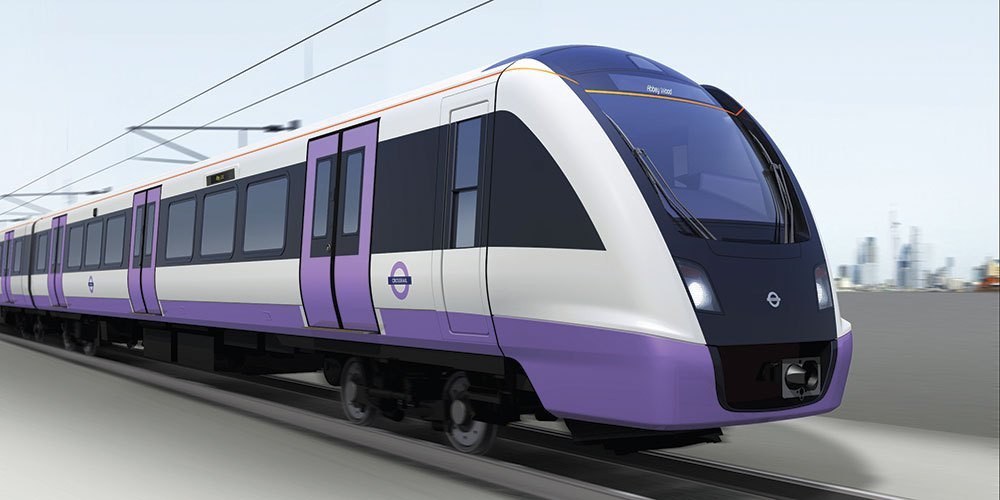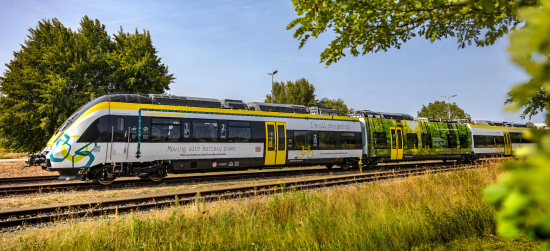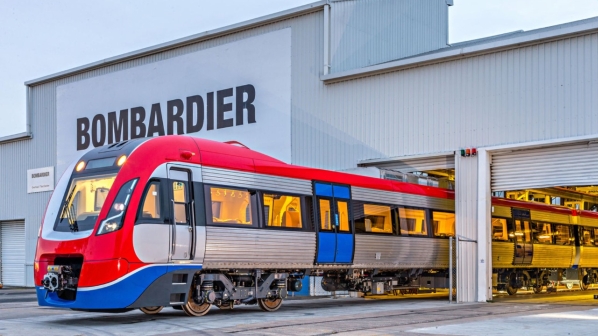- Aircraft is first of 20 CH-47F Chinooks to be delivered to RNLAF
- Netherlands is one of eight NATO nations to operate the heavy-lift helicopter
Boeing [NYSE: BA] recently delivered the first CH-47F Chinook with an upgraded cockpit to the Royal Netherlands Air Force (RNLAF), continuing a track record of on-time deliveries to customers. The RNLAF will operate a fleet of 20 CH-47F Chinooks, the newest configuration in use by countries around the world.
“The RNLAF made it clear to us that they need the advanced, proven capability of the CH-47F now,” said Andy Builta, vice president of Cargo & Utility Helicopters and H-47 program manager. “I want to thank our phenomenal team for working hard during a difficult situation to safely deliver these aircraft. This is a reminder to all of us of how important Chinooks are to our customers.”
The 20 CH-47F Chinooks will be a fleet equipped with the same state-of-the-art technology as the U.S. Army, including digital automatic flight controls, a fully-integrated Common Avionics Architecture System (CAAS) glass cockpit, and advanced cargo handling capabilities. The common configuration leads to lower overall life cycle costs.
The RNLAF currently flies a mix of F-model Chinooks with the Advanced Cockpit Management System (ACMS) and CH-47D Chinooks.
“It has been a pleasure to work closely together with the U.S. Army and Boeing teams to achieve this milestone,” said Col. Koen van Gogh, Netherlands Defence Materiel Organisation. “The Chinook helicopter is a vital asset for our missions and the in-time delivery certainly supports our operational planning. I salute the Boeing workforce for their continued efforts to make this happen in these troubling times, as well as the U.S. Army officials that helped keep us on track.”
Deliveries to the RNLAF are expected to continue into 2021. Chinooks are currently in service or under contract with 20 international defense forces, including the U.S. Army, U.S. Special Operations Forces and eight NATO member nations.
Boeing is the world’s largest aerospace company and leading provider of commercial airplanes, defense, space and security systems, and global services. As a top U.S. exporter, the company supports commercial and government customers in more than 150 countries. Boeing employs more than 160,000 people worldwide and leverages the talents of a global supplier base. Building on a legacy of aerospace leadership, Boeing continues to lead in technology and innovation, deliver for its customers and invest in its people and future growth.


